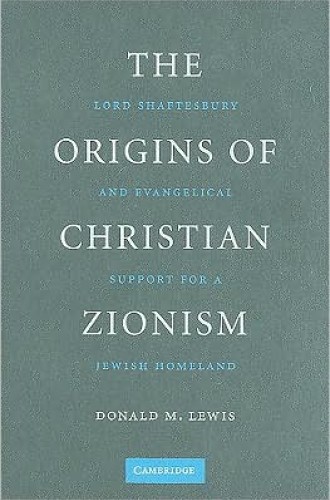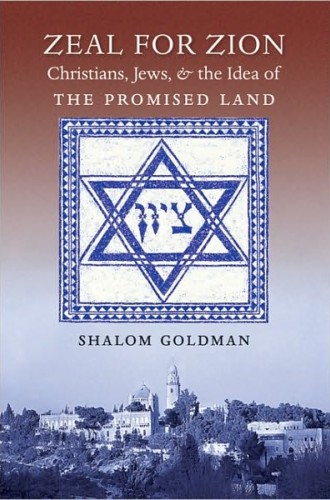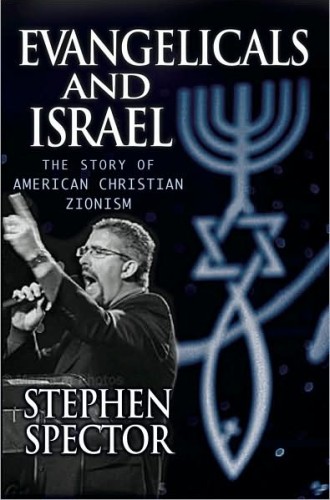Mapmakers for God
In the spring of 2008, Texas minister and best-selling author John Hagee endorsed John McCain in the race for president of the United States. Three short months later, McCain rejected the endorsement, leaving Hagee with little choice but to withdraw his support. In initially accepting the minister's overture, McCain had hoped to find an open door into the big house of evangelical political power. Earlier he had called leaders of the religious right "agents of intolerance." Now he needed a fresh start. He also wanted to bolster his pro-Israel credentials. As for Hagee, he apparently had aspirations of joining Jerry Falwell and Pat Robertson in the pantheon of televangelists-turned-GOP-powerbrokers. Both men terribly misjudged the situation.
McCain recognized that evangelicals have been among Israel's closest friends in the United States, and he knew that Hagee had deep ties to the Middle East. But he failed to understand the motivations behind Hagee's Zionism. The Texas minister had long linked support for Israel with premillennial eschatology. Premillennialists believe that in the final days leading up to the Apocalypse, Jews will return to Israel where they will experience a second holocaust at the hands of the Antichrist. Their tribulations will conclude with the literal battle of Armageddon played out on Israeli soil.
While some Jews don't hesitate to work with premillennialists while dismissing their theology as quaint and/or insignificant, others are more leery of apocalypse-obsessed evangelicals. Israelis and evangelicals both want a strong Jewish state—but their long-term goals are clearly in conflict. New Republic editor Leon Wieseltier famously summed up the relationship: "This is a grim comedy of mutual condescension. . . . The evangelical Christians condescend to the Jews by offering their support before they convert or kill them. And the conservative Jews condescend to Christians by accepting their support while believing that their eschatology is nonsense. This is a fine example of the political exploitation of religion."







